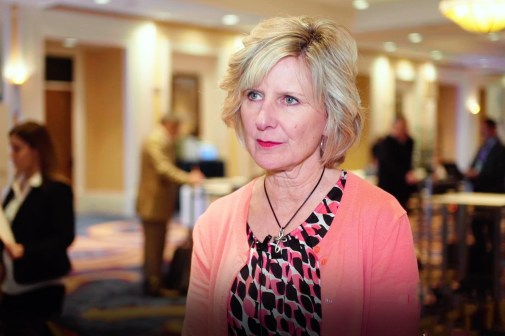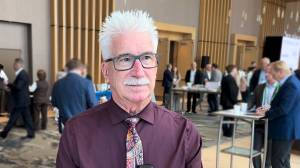Former Washington CIO says operations and strategy are the future of the CIO role
Michael Cockrill never thought he had to worry about leaving a legacy.
Its a weird question, cause Im just some guy from Yakima. I dont have a legacy, Cockrill says. But because someone asked, I had to think about, and I did.
That question prompted Cockrill to think about what he wanted to leave Washingtonwhen he moved on from his role as the states chief information officer.
It was clear what I really want is I want to be able to create the context for a durable, cultural change, Cockrill says. I cant change the culture, but I can create the context for other people to do it from the ground up.
Cockrill, whose last day as thestate’sCIO was October 20, says hes totally convinced that an information technology organization within a state government needs to constantly be changing, along with the technology market as a whole.
If you’re not creating a context where change is a normal thing, youre not really doing your job, Cockrill says. So hopefully, the legacy that I have left is a culture that embraces the idea that they have to always be learning something new, they have to always be focusing on their customer, and getting smarter about how to solve their customers problem.
The CIO announced his departure in late September , and moved onto a new role as the chief technology officer for the Altius Institute for Biomedical Science,a research lab focusing on computational biology.
What that means in day-to-day life is I get to tell my mother Im working on curing cancer, Cockrill says. Theyre rewriting the genome.
But as Cockrill moves onto a new career and life outside of state government, he says the state CIO role will continue to change with the technology landscape, and will evolve into a more advisory one that focuses on operations and strategy.
I had this rare opportunity to be an adviser to both the legislature and the governors office about how technology is making changes in society, Cockrill says. Theres lots of technology advisers out there, but mostly what they advise the policymakers on are the economic development issues.
And while economic development is a key part of how states need to think about emerging technology, there are other concerns government leaders need to consider, Cockrill says.
Washingtons a big virtual reality state. Thats what the technology advisers to the governor are [focusing on], Cockrill says. Nobodys talking about the ramifications to the citizens of digital privacy, for example.
As he leaves public service, Cockrill says he is still drawn to the concept of serving the public in fact, thats what lead him to consider his new role at Altius.
I still get up in the morning and feel like I make a difference in peoples lives, Cockrill says. I think that sort of the mission-driven attitude is one of the key things that Ive learned about working with people in government.


